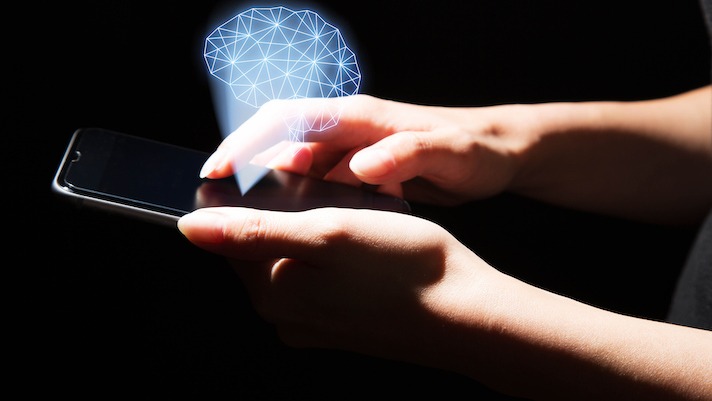hidden
Over 10 years experience of Traceability Solutions

By pharmatrax
 No Comments
No Comments
Dr. Eric Topol talks AI’s potential to personalize medicine, curb mistakes, bring back the human touch
Yesterday at the GPU Technology Conference in San Jose, Topol discussed the potential of AI and how it could fit into care.
Healthy looks a little bit different on everyone. We vary in what foods are best for our health, the shape of our bodies and even our natural abnormalities. These variances can make personalizing medicine difficult.
But artificial intelligence and new technologies could not only help personalize medicine, they also have the potential to help prevent mistakes, according to Dr. Eric Topol, founder and director of Scripps Research Translational Institute and professor at Scripps Research.
“The point is human data is going to change medicine, everybody here recognizes that,” Topol said at the GPU Technology Conference in San Jose yesterday. “It is going to empower patients even more and make the lives of clinicians far better. The point that is essential is recognizing that each human being is unique, but we didn’t have the tools to understand that until recently.”
There are already tools that are making it cheaper and faster to diagnosose, according to Topol. He gave the example of mobile ultrasound technology, which enables ultrasound images to appear on a smartphone.
But these tools haven’t necessarily seen wide adoption or acceptance among clinicians. To support this point, Topol shared an experience using the technology on himself after experiencing some abdominal discomfort, and then sought traditional care.
“I took out my smartphone probe, and I saw a dilated left kidney,” he said. “I said ‘Oh, I have a kidney stones.’ So I went to the emergency room, I told the doctor I had a dilated kidney, [which I saw] on my smartphone, and he thought I was an alien. He then sent me for a CT scan, which replicated the images on my iPhone that I got for free and [the CT] cost $3,000.”
While Topol said he doesn’t advise this self-diagnosis, there is potential for these tools in the field. He named radiology as one avenue that is being looked at for AI.
“Radiologists have a false negative rate of over 25 percent. That is a lot of false negatives, and over 30 percent are sued during their career for medical malpractice,” he said. “What if we could bolster that rate and get rid of these false negatives and get rid of the false positives. Well, there have been ways to do tele-radiology, but it is really not an answer. Zebra is one of the leading-edge AI radiology companies, and they are running a lot faster and supposedly augmenting the performance of radiologists.”
Although the industry is constantly evolving and new technologies could help curb mistakes, Topol doesn’t see AI taking over the human’s job.
“We are not going to get to the point where all medical diagnoses are not requiring backup,” he said. “But we may get to a point with certain things like a sore throat or ear infections or a skin rash can be done completely algorithmically — both the diagnosis and the recommendations for treatment.”
As technology adapts, humans have to adapt as well. AI could transform the physician’s role so that instead of focusing on paperwork, they could concentrate on providing the human touch.
“As you go forward, human intelligence is probably not going to change very much and machines are going to get smarter — we’ve already seen examples of that, very quickly in fact,” he said. “But we need to get smarter and we need to get better, and that is to be more humane. And in medicine that is what I envision as the extraordinary achievement — the end result of output — the end result [is that we become] activists to stand up for our patients in the years ahead.”
Editor’s note: This story is part of our coverage of the GPU Technology Conference. Nvidia, which organized the conference, invited MobiHealthNews to the event and paid for travel and accommodations. As always, MobiHealthNews maintains its editorial independence and made no promises to Nvidia, including about the content or quantity of coverage.



